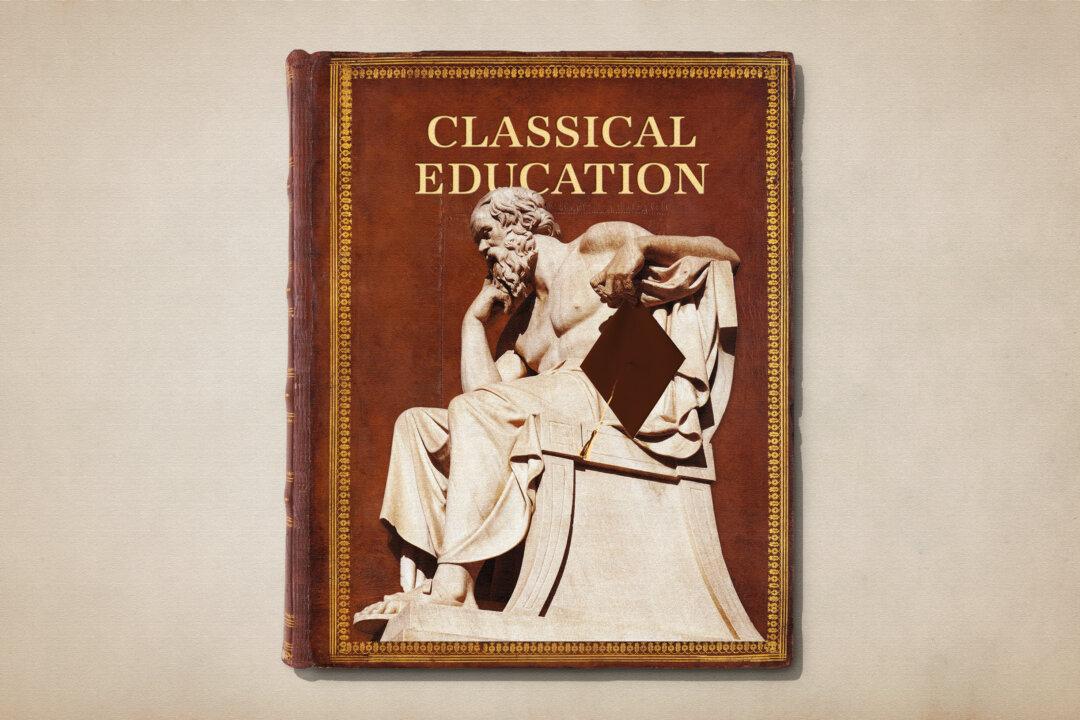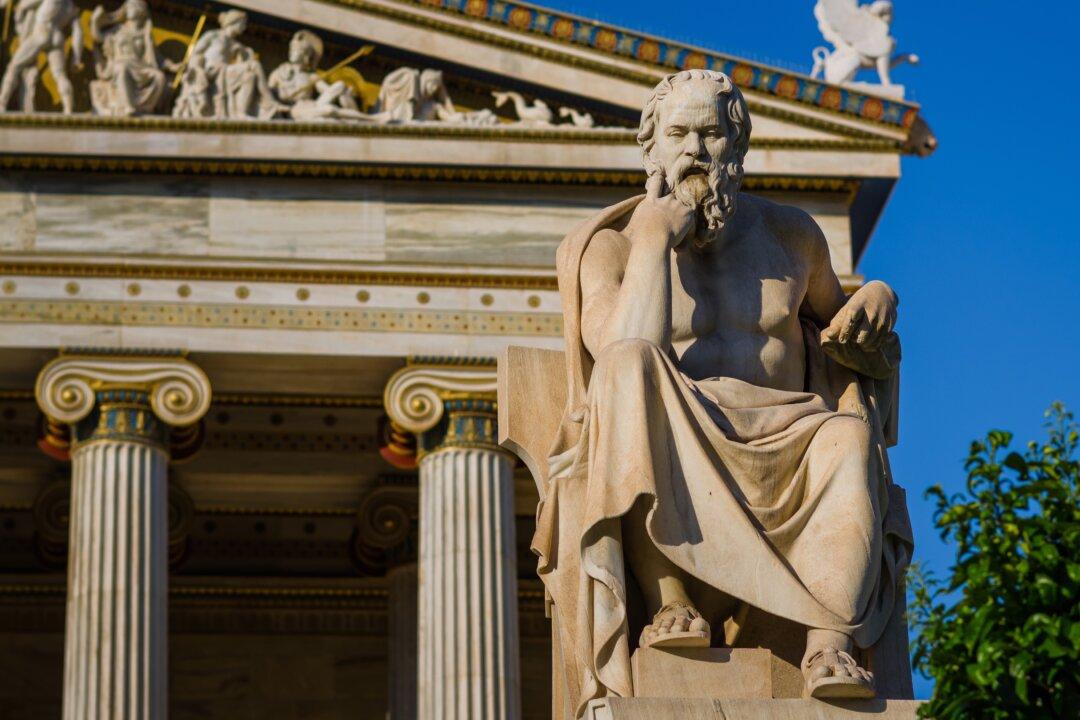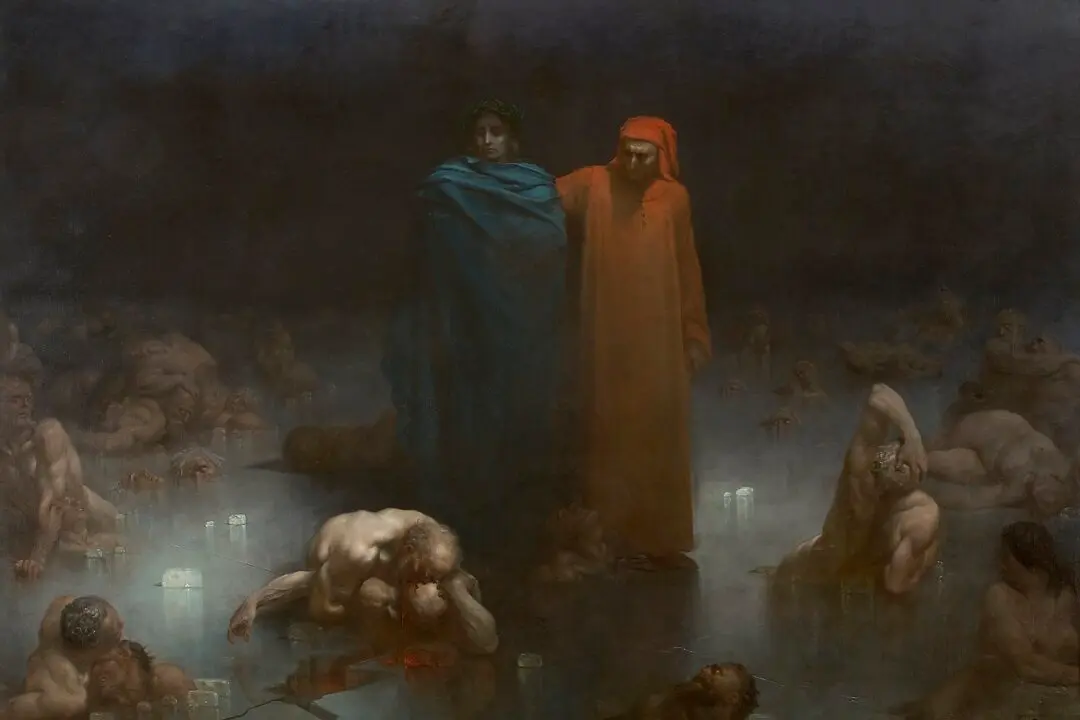Commentary
One of the remarkable facts of our time is the endurance of a conservative outlook in the United States. Not the conservatism of libertarians and free-market types or the conservatism of classical liberals who champion free speech and the right to privacy, but social and religious conservatism that upholds the traditional family, staunch patriotism, and religious principles in the public square. The latter is the belief of people with misgivings about same-sex marriage who regard the United States as a beacon of hope and freedom and regard a society without God as a fallen and failing condition.





